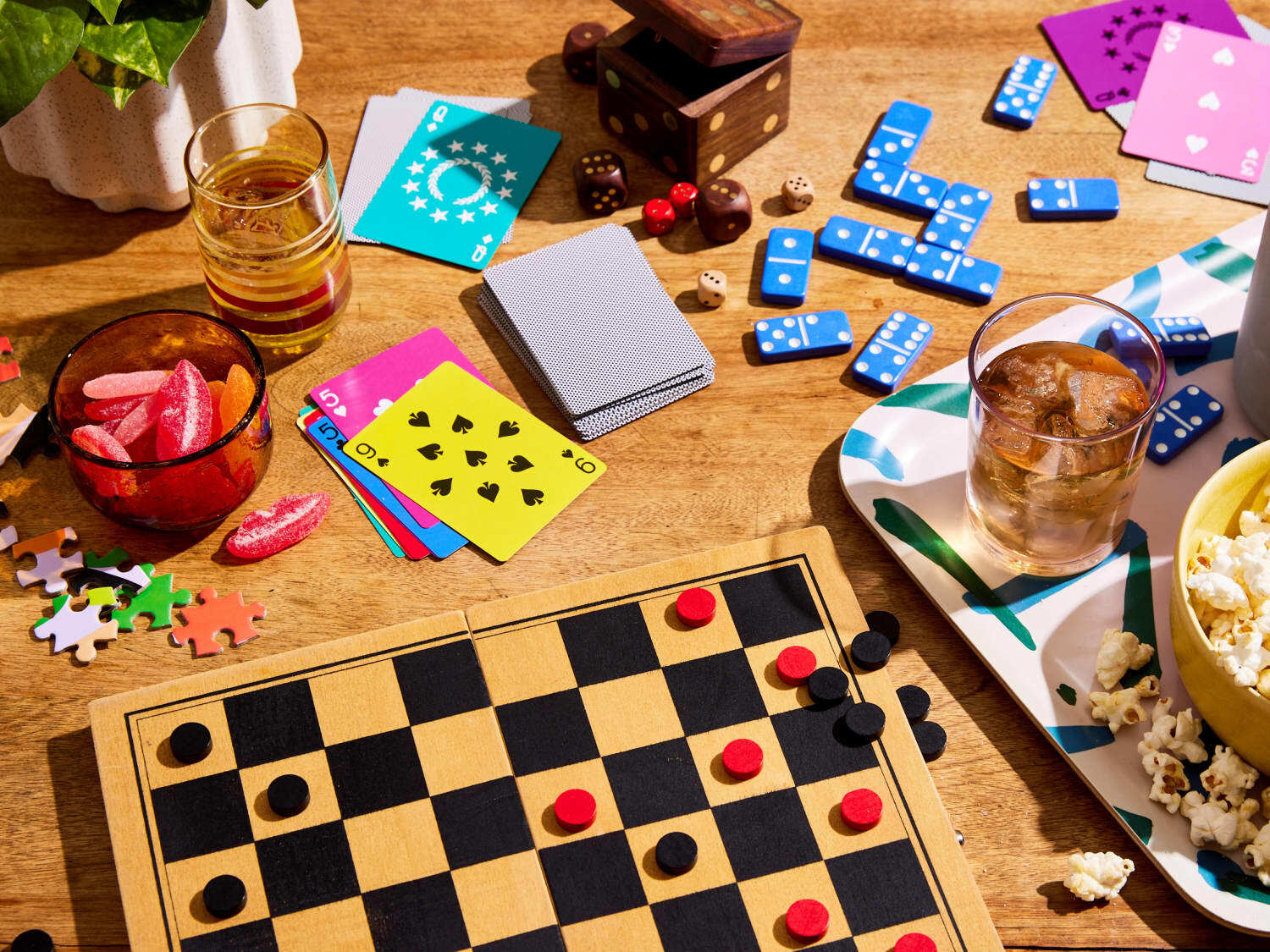Introduction
Choosing the right type of game for your gathering can significantly influence the fun and engagement levels of your guests. Boardgames and party games each offer unique experiences, tailored to different types of interactions and preferences. Understanding the differences between these two genres can help you decide which one is right for you.
Depth and Complexity
Boardgame enthusiasts often appreciate the strategic depth and complexity that these games provide. Games like “Settlers of Catan” and “Terraforming Mars” involve intricate rules, long-term planning, and a high level of player engagement. These games can last for hours and require players to think critically, making them ideal for groups who enjoy a more immersive and intellectually stimulating experience.
Party Game aficionados, on the other hand, tend to favor the simplicity and quick setup of party games. Games like “Cards Against Humanity” and “Charades” are designed for instant fun, with straightforward rules that everyone can quickly grasp. These games are typically fast-paced and encourage lots of interaction, laughter, and spontaneity, making them perfect for more casual, social gatherings.
Group Size and Dynamics
Boardgames are often best suited for smaller groups. Most boardgames cater to 2-6 players, allowing for more intimate and focused gameplay. This size restriction ensures that everyone stays involved and invested in the game. Board games are great for game nights with close friends or family, where the goal is to spend quality time together and engage in a shared activity.
Party Games, in contrast, excel in larger groups. Many party games can accommodate a dozen or more players, making them ideal for big gatherings or parties. These games are designed to be inclusive, ensuring that everyone can participate regardless of skill level or familiarity with the game. Party games foster a lively and inclusive atmosphere, perfect for breaking the ice and getting everyone involved.
Interaction and Competition
Boardgames typically emphasize strategic competition. Players often compete against each other to achieve specific goals, whether it’s conquering territories, building civilizations, or amassing wealth. This competitive element can be thrilling and rewarding for those who enjoy measuring their skills against others. However, it can also lead to intense rivalries and requires a group comfortable with competitive play.
Party Games focus more on social interaction and collaboration. Many party games are cooperative or involve light-hearted competition where the main goal is to entertain and engage everyone. Games like “Pictionary” or “Taboo” require players to work together, communicate effectively, and often produce hilarious outcomes. This collaborative nature makes party games perfect for creating a fun, relaxed, and inclusive environment.
Time Commitment
Boardgames generally demand a significant time investment. Some games can take several hours to complete, requiring a dedicated session where players can immerse themselves fully in the experience. This makes boardgames suitable for those who have ample time and enjoy a deep dive into complex gameplay mechanics.
Party Game is designed for quick and flexible play. They can often be played in short bursts, making them ideal for situations where time is limited or the group prefers to switch between activities. This flexibility allows party games to be easily integrated into any event, whether it’s a short break during a party or a mainstay activity for the evening.
Theme and Immersion
Boardgames often come with rich narratives and thematic elements that enhance immersion. Games like “Gloomhaven” or “Pandemic” transport players to different worlds and scenarios, creating a captivating experience. This thematic depth can be particularly appealing to those who enjoy storytelling and world-building within their gameplay.
Party Games, while sometimes themed, are usually more focused on the immediate fun and interaction. The themes in party games are often secondary to the gameplay mechanics, which are designed to be straightforward and engaging. This focus on immediate entertainment makes party games more adaptable to various settings and audiences.
Conclusion
Deciding between a boardgame and a party game ultimately depends on the preferences and dynamics of your group. If you seek an in-depth, strategic experience with a smaller group, a boardgame might be the perfect choice. However, if you’re looking for quick, inclusive fun that can engage a larger crowd, a party game will likely be more suitable. Both genres offer unique benefits, ensuring that there’s a perfect game for every occasion.
